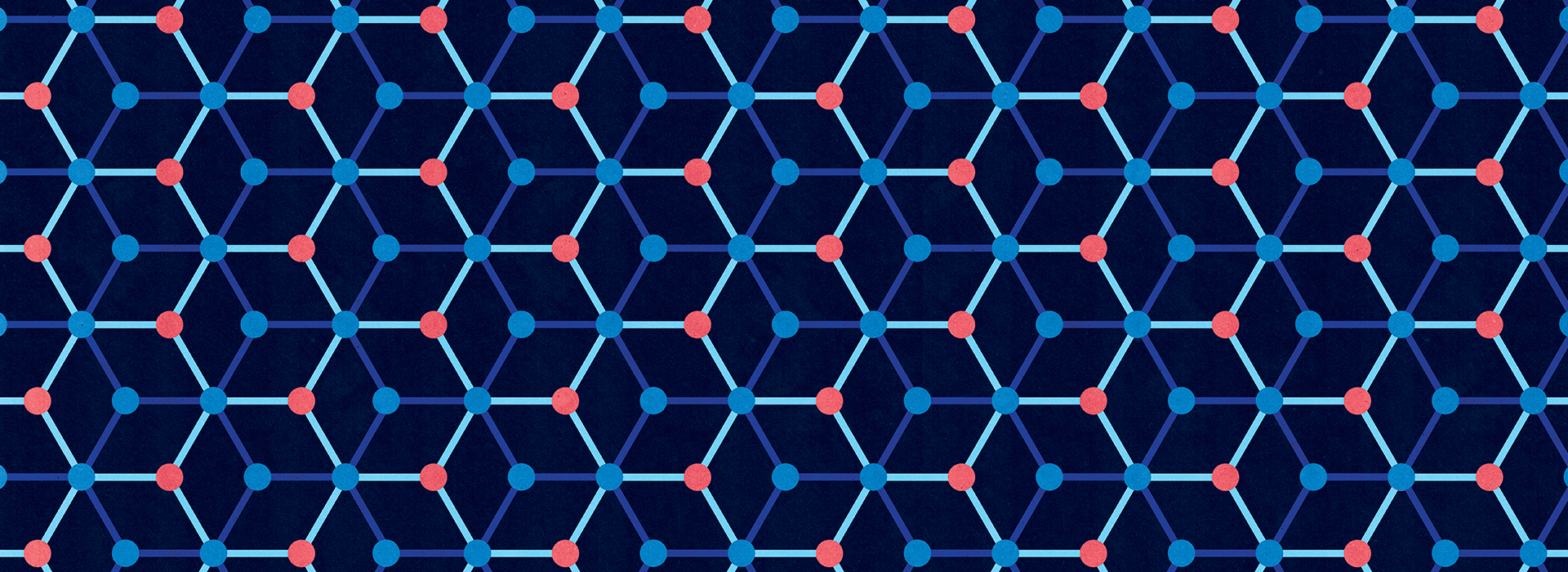By: Alan Bernstein
26 Mar, 2020

This agreement will accelerate preventative vaccine development, therapeutic drugs to treat those infected, epidemiological and clinical research to understand the mechanism of the spread of the virus, its incubation period and time of onset of clinical symptoms following infection, as well as research on the stigma associated with the geographic origins of the virus and disease.
For me, the 2019/2020 outbreak brings back vivid memories of the SARS outbreak of 2002/2003. The SARS outbreak was a dress rehearsal for today’s global health emergency.
I was president of the Canadian Institutes of Health Research during the SARS outbreak and my lab was located in Mount Sinai Hospital in Toronto, the epicentre of the SARS outbreak in Canada. SARS was also a coronavirus that originated in China. But the differences between then and now, in terms of our ability to understand and hopefully control this new coronavirus, are striking.
In 2003, it took at least two months to sequence the virus and to begin work on developing a vaccine. Today the viral sequence was known within days and work began immediately in labs all over the world, including in Canada, to develop a preventative vaccine. In contrast to 2003, the Chinese scientific community today has been openly sharing everything they know about the virus and its spread with scientists. And funders and scientific journals agreed last week to ensure that all scientific data related to this global health emergency are made available as soon as possible.
Science and global collaboration represents the very best of humanity. Global issues like the current viral outbreak, climate change and the rise of populism affirm the importance of convening the world’s best scientists, independent of discipline or nationality, to address the biggest questions facing humanity.
Global collaboration has been at the very core of the CIFAR model since our founding. CIFAR’s global community of fellows, scholars, advisors and chairs includes 20 Nobel laureates and more than 400 researchers from 22 countries. The work of CIFAR’s Humans and the Microbiome (HMB) program, profiled in this issue of News & Ideas, is a great example of what happens when top researchers from around the world work together in an environment of trust, transparency and knowledge sharing.
The HMB team of 27 fellows, advisors and Azrieli Global scholars is made up of an international, interdisciplinary network that spans the biological, clinical and social sciences and humanities. Together, they are exploring the relationship between humans and the microbiota on time scales ranging from deep evolutionary history to the lifespan of a human being.
The HMB program is just one of many examples of the power of collaboration and CIFAR’s unique model to advance knowledge and research to improve the human condition.
There is an opportunity before us to use this proven approach to address the biggest questions, to pursue knowledge for a better world and to create impact that lifts humanity.